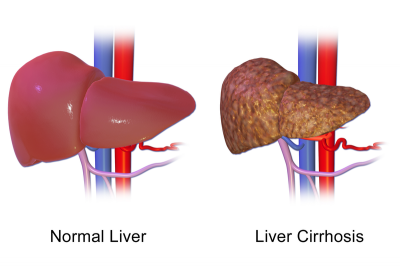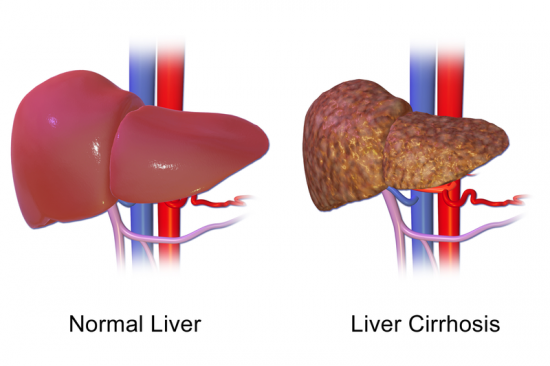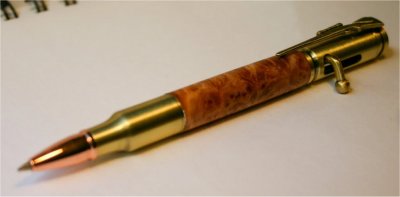Long ago, traditional Chinese medicine derived that Black Bear gall bladder contents was therapeutic for numerous diseases (link) and disorders. I wasn’t even born at that point and my exposure to TCM is limited. Fast forward to the Vietnam War when military personnel were exposed to large amounts of Agent Orange and suffered severe liver damage. When they came back from the conflict, one of the medicines they found effective in their treatment was Urso. At the time, called Actigall.
Urso – Ursodehydrocholic Acid for Hepatocellular Health in Dogs
 When you’re presented in clinics with a dog or cat with elevated ALK lab values it can be assessed that there’s some stress on the liver. Either acterial showers via the bloodstream from the teeth and, or, the presence of some chemical or medicine that’s taxing the liver. ALKPhosphatase is a ‘stress’ or ‘overexertion’ enzyme from the liver under most practical instances.
When you’re presented in clinics with a dog or cat with elevated ALK lab values it can be assessed that there’s some stress on the liver. Either acterial showers via the bloodstream from the teeth and, or, the presence of some chemical or medicine that’s taxing the liver. ALKPhosphatase is a ‘stress’ or ‘overexertion’ enzyme from the liver under most practical instances.
Another enzyme from the liver is ALT, (alanine amino-transferase) and I’ve seen this elevated more commonly in cases of actual liver DAMAGE. So when I see this, I interpret it in light of a CBC for infection, cirrhosis, inflammation, or other damaging process. If the exam, signalment, or more bloodwork doesn’t illuminate this, and the values are high – an ultrasound of the liver is almost always rewarding.
Urso is ‘in play’ for me whenever I see elevations in ALKPhos because historically, Urso ameliorates these values to normal in 80+% of cases.
Urso causes gallbladder contraction, which drastically reduces sludge in the gall bladder and prevents the formation of stones (or more stones) and it boosts the enterohepatic cycle of pigments, nutrients and microbial ‘players’ in and out of the liver.
Other research says that ursodehydrocholic acid is actually trophic to liver cells. They can actually metabolize it? As a nutrient? I don’t know much about this.
But this relatively affordable medication is indicated (at least by me) for the normalization of the liver’s stress enzyme, AlkPhos with a recheck of that value in 2-3 weeks. I have found the compound less rewarding in elevations of ALT because it would seem, the pathophysiology of ALT elevations is different and tbh, more serious.





